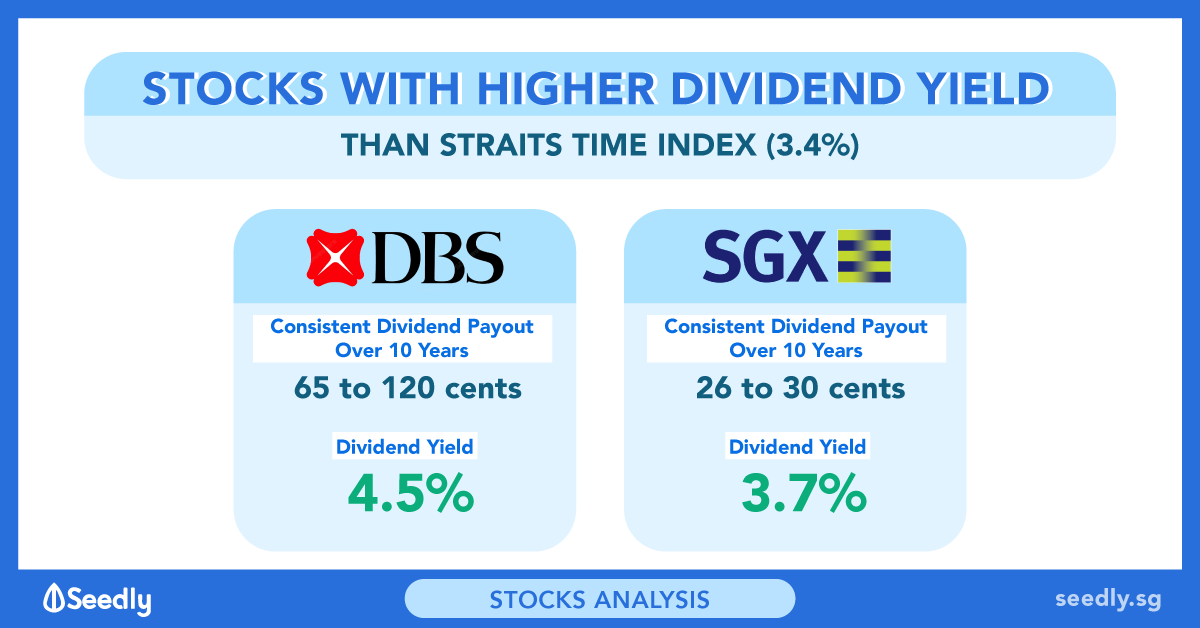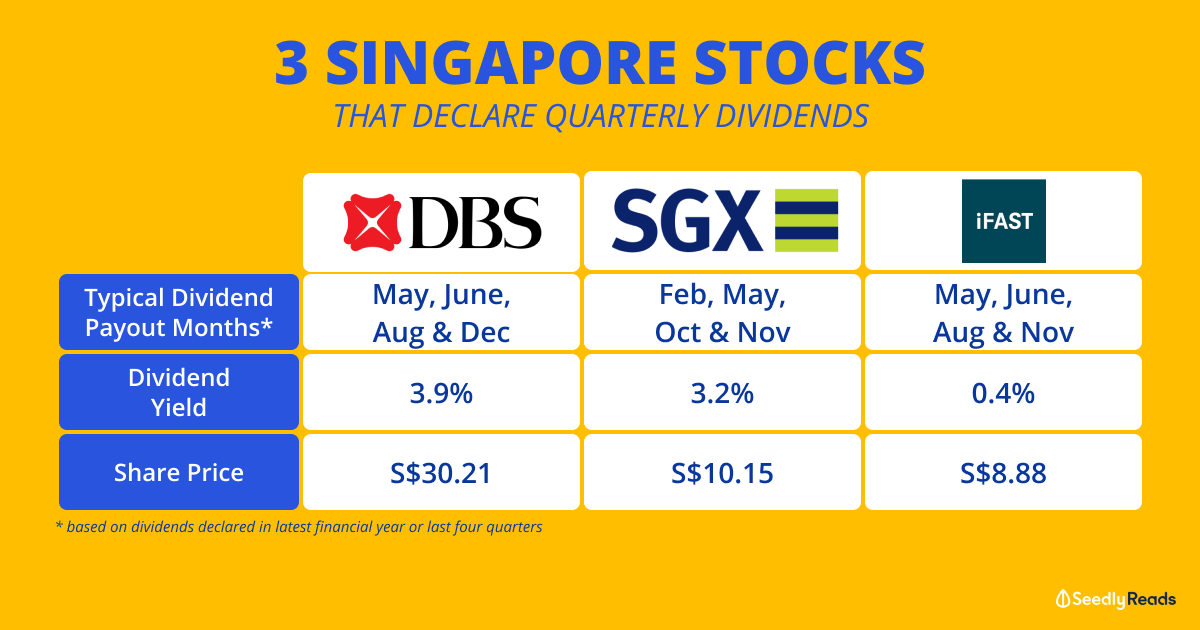Advertisement
Anonymous
If investing in index ETFs, what happens to all the dividends? If they are reinvested, shouldn't they give higher returns than the index every year? (And not just track the index)?
16
Discussion (16)
Learn how to style your text
Rais M
26 Feb 2020
Accountant at SME
Reply
Save
Yes, depending on the ETF type dividends can be distributed to the investors.
with SP500 ETFs (VOO, IVV) the dividend yield is surprisingly high, good thing!
Reply
Save
Nope, the etf will be reinvested to purchase more units, doesnt mean it will get you high returns.
Reply
Save
Hao Yu
07 Jun 2019
Advisory Specialist at MoneyOwl
All the answers provided are key reasons that contribute to the lower performance of Index ETF to the Index it’s tracking.
Another reason is because the measurement of performance of Index ETF and Index is by time-weighted return. This form of measurement does not take into account the effect of reinvestment of dividends. Thus, when coupled with the effects of fees etc, Index etf underperform.
However, in reality, you maybe performing better than Index because you are holding more units of the Index etf and this compounds your returns over time.
For example: (exclude fee)
index started at $1
Index returns 10% + 2% dividend
index ends at $1.10
Index ETF started at $1 - you invest $100, 100 units
Index ETF returns 10% + 2% dividend
index etf price $1.10
your holdings = $112.20 $1.10 at 102.2 units.
You will notice that both Index and Index etf will have annual return of 10% which is the figure that they will report. However notice that as an individual, you’re better off with the extra 2.2 units and your return is actually 12.2%. This is just a simple illustration and in reality it is not so clear cut with all the fees involved.
Therefore, when investing always track your own investment using money weighted return (XIRR) and not rely on the fundhouses return.
Reply
Save
Is this a trick question??!!
The index itself is either a Net Return Index(dividends paid out) or To...
Read 6 other comments with a Seedly account
You will also enjoy exclusive benefits and get access to members only features.
Sign up or login with an email here
Write your thoughts
Related Articles
Related Posts
Related Posts
Advertisement










To keep this simple. The dividends are actually used to buy more units of the ETF. This also meant you get these additonal units for 'free' and hence, have a higher returns compare to what you had invested.